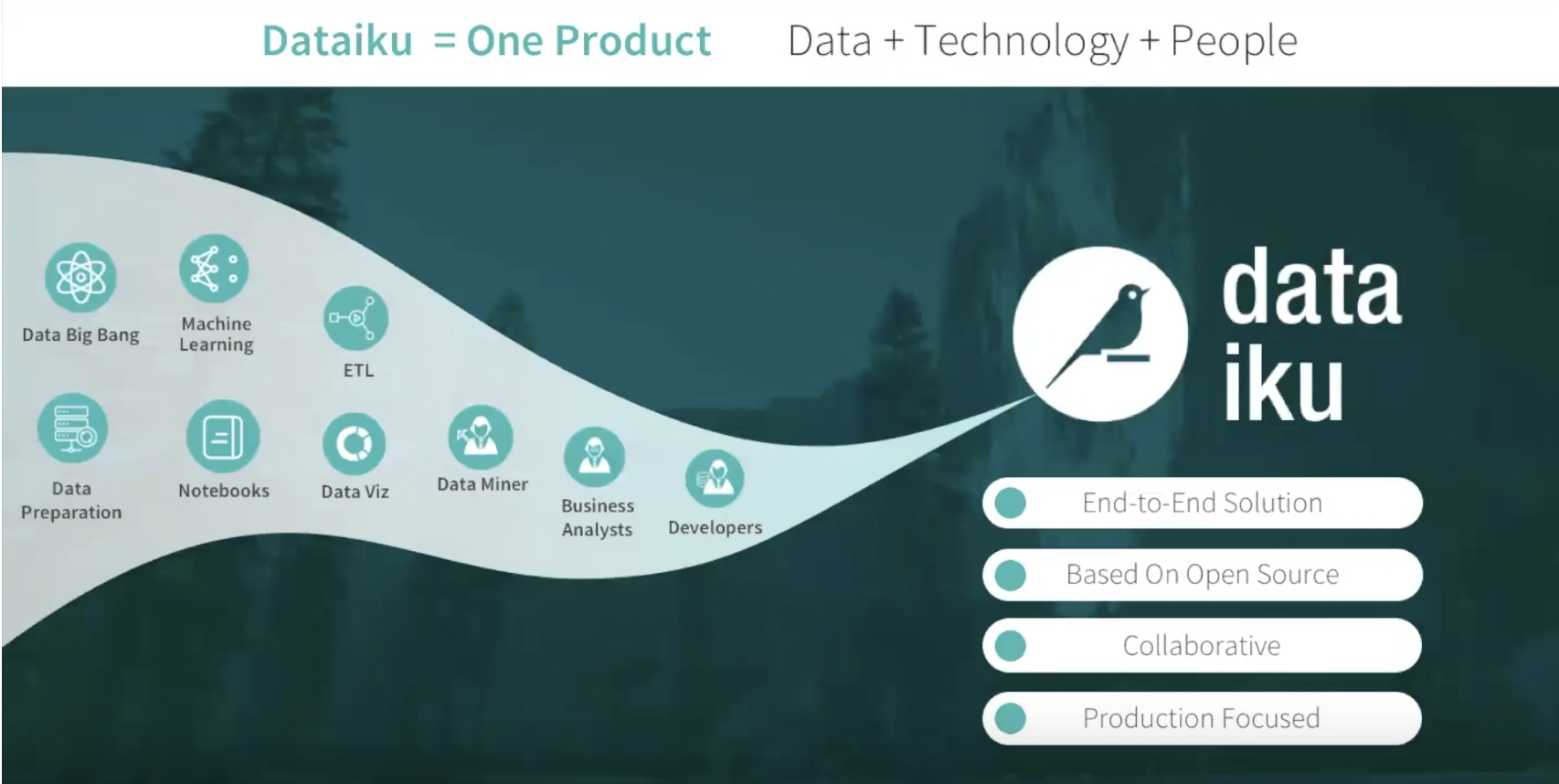It’s the combination of everything coming together perfectly: a glorious blend of texture, aroma and taste. It is a beverage bordering on the divine that represents the purest essence of coffee. It is an espresso shot that tastes as good as freshly roasted coffee smells. For coffee aficionados, it’s something to strive for and an experience to savor. If you are lucky, every one out of 100 shots will contain the right blend of factors to create this magical experience.
It is the “God Shot.”
So, why am I telling you this on a data blog? Besides the fact that my two great obsessions in life are coffee and data, I think we can learn a lot from the way we make great coffee and apply it to how we create great analysis. So, let’s dig a little deeper.
3 Keys to Great Espresso
There are three major factors to consider when trying to make great espresso (or any coffee for that matter). You have the beans, the grind and the espresso machine. It’s easy to focus on the first and last steps. After all, we all know that garbage in equals garbage out, so we’ll spend money on quality beans. And that last step? Who doesn’t get excited by sleek machines that create the shot of caffeine we need to get through the morning?
With analytics, we see a similar pattern. We know we need good data and we get really excited by the tools we use to visualize the results (just look at the Tableau community), but it becomes all too easy to overlook that crucial middle step of processing the data for analysis.

Above: An example Tableau viz (about coffee, of course) from fellow InterWorker Derrick Austin.
It surprises most people, but the truth is, for quality espresso, you should be investing a large portion of your budget to the grinder. It is the single point in the process that homebrewers control that makes or breaks your espresso. Being able to transform the roasted bean into the perfect form and consistency for brewing, right when you need it, is key to quality espresso.
See where I’m headed yet?
The Analytics ‘God Shot’
Most of our clients have quality data lying around and they are ready to spend on the front-end of analytics, all the while neglecting the vital infrastructure to process, transform and enhance their data. If you want a chance at producing a “God Shot” in analytics, you better make the investment into how you process your raw data.
Data needs to be transformed allow our BI tools to fully leverage them. Data needs to be cleaned, normalizing outliers and standardizing IDs, to create reliable statistics. Data needs to be enhanced by other data sources so that we can make better connects. Data needs to be leveraged by models so that we can have deeper insight. It is when all these things come together in the right way that achieve the sort of analysis that is both transformative and impactful.
There are many tools and platforms out there that aim at doing exactly this, many of which are amazing, and I’d love to help you walk through the process of understanding your needs and finding a tool that fits them. The important thing is that you go and find your “data grinder.” Be willing to take part of your BI budget and invest in this key element of the process. You’ll see huge dividends in the quality, reliability and speed of your analytics.
The Right Grind with Dataiku
With that said, let me recommend at least one tool that should be on your shortlist: Dataiku. Dataiku bills themselves as a collaborative data science platform, but I’ve found that sells them short in numerous ways. Beyond its utility, I think it’s a delight to use and learn. Its features also go well beyond mere data science.

Above: Dataiku boasts a ton of fantastic features for a wide audience.
At InterWorks, we describe Dataiku internally as our “data workbench” because of how it provides an entire platform for a team to clean, process, deliver and model data for the many types of outputs we produce, from visualizations to data-driven, intelligent applications. There’s even a free version that is the perfect companion for your Tableau Public projects.
We’ll have future blogs that dive specifically into Dataiku features, but if you find yourself looking at tools in this area, check it out. Let us know what you think, too!

